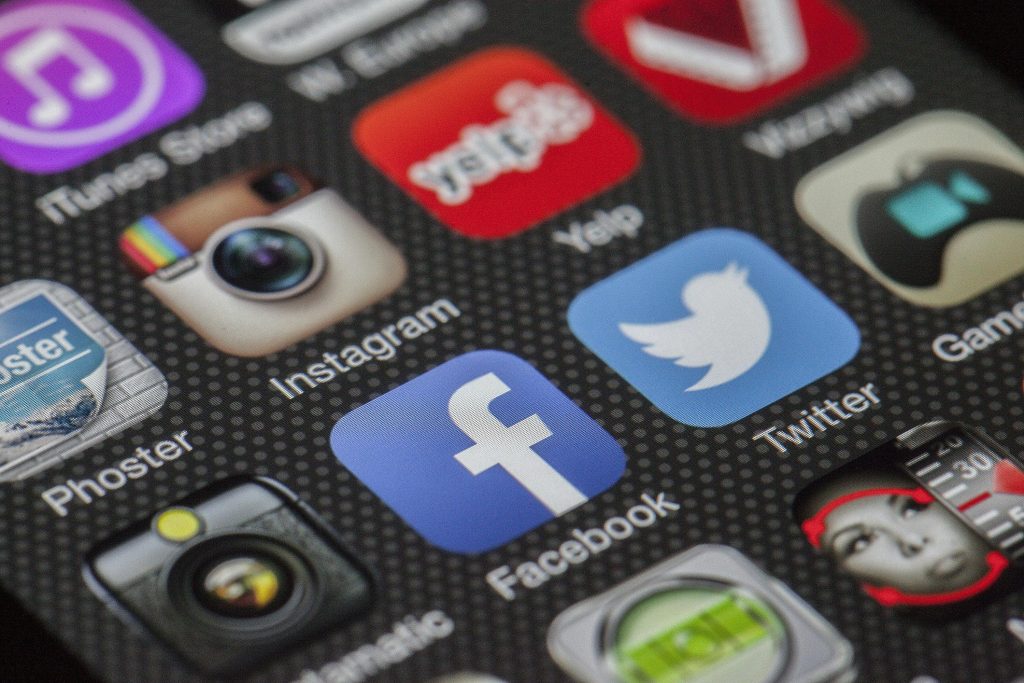As we delve into the vast digital landscape of the 21st century, online entertainment has emerged as a cornerstone of modern culture. It encompasses a myriad of digital platforms and mediums designed to captivate and engage audiences worldwide. From streaming services, offering a plethora of movies and TV shows, to social media platforms, fostering virtual connections and gaming communities, online entertainment has transformed how we consume media and interact with one another. Concurrently, mental wellness stands as a pivotal aspect of our overall health, encompassing not just the absence of mental illness but also the presence of positive emotions, coping skills and social well-being.


In today’s fast-paced and digitally driven society understanding the intricate relationship between online entertainment and mental wellness is paramount. The significance of exploring this dynamic interplay lies in deciphering how our digital behaviors and consumption habits influence our mental health. By investigating the impact of online entertainment on mental wellness, we can navigate the digital realm with greater mindfulness and ensure that our online experiences contribute positively to our psychological condition.
Evolution of Online Entertainment


The historical backdrop of online entertainment traces back to the early days of the internet, where rudimentary forms of digital amusement, such as text-based games and online chat rooms, laid the groundwork for what was to come. As technology advanced and internet connectivity became more widespread, the landscape of online entertainment expanded dramatically, giving rise to a diverse array of digital experiences. Streaming platforms emerged as a dominant force, revolutionizing how we consume media by offering on-demand access to a vast library of movies, TV shows, and original content. Simultaneously, social media platforms flourished, providing avenues for virtual connection, self-expression, and content creation on an unprecedented scale. The gaming industry underwent a renaissance, with online multiplayer games like Barn Festival Demo becoming a global phenomenon, fostering communities and interactions across geographical boundaries.
Fuelled by advancements in internet infrastructure and the proliferation of smartphones and other digital devices, online entertainment has become increasingly prevalent and accessible, permeating every facet of our lives. As we navigate this ever-evolving landscape of digital diversion, it’s crucial to consider its profound impact on mental wellness, recognizing the opportunities and challenges it presents.
Psychological Mechanisms at Play


Let’s talk about the intricate psychological mechanisms that govern the impact of online entertainment on mental wellness. At the heart of this exploration lies the intricate interplay of dopamine and reward pathways within the brain, orchestrating our responses to digital stimuli. These neural circuits, designed to reinforce pleasurable experiences, are activated during engagement with online entertainment, triggering feelings of satisfaction. Beyond mere enjoyment, online entertainment offers a myriad of psychological effects, serving as a means of escapism from the rigors of daily life, building social connections and communities in virtual spaces, and stimulating creativity and imagination. However, amidst the allure of digital diversion, lurk potential negative consequences. The addictive nature of certain online activities can lead to compulsive behaviors and dependency, disrupting one’s daily functioning and mental well-being. Moreover, the curated nature of online content can fuel unhealthy comparison, exacerbating feelings of inadequacy and self-doubt. By unraveling these psychological intricacies, we gain insight into the profound impact of online entertainment on mental wellness, empowering individuals to navigate the digital landscape with awareness and resilience.
Impact on Mental Wellness


Online entertainment holds significant sway over mental wellness, wielding both positive and negative impacts on individuals’ psychology. On the bright side, it serves as a sanctuary for stress relief and relaxation, providing individuals with a digital escape hatch from the burdens of everyday life. Engaging in immersive video games, captivating movies or soothing music can offer solace and rejuvenate the mind, instilling a sense of tranquility and calmness. Moreover, online entertainment has the power to cultivate a sense of community in virtual spaces where individuals can bond with like-minded peers and forge meaningful relationships.
Conversely, excessive indulgence in online entertainment can precipitate detrimental consequences. Excessive screen time may exacerbate feelings of anxiety and depression, especially when individuals fall prey to unhealthy comparison or encounter negative interactions in online realms. Furthermore, the sedentary lifestyle associated with prolonged digital consumption can contribute to physical health problems, compounding mental health challenges. To encapsulate these disparate effects succinctly, we present the following table:
| Positive Effects | Negative Effects |
| Stress relief | Anxiety |
| Relaxation | Depression |
| Social connection | Social isolation |
Factors Influencing the Impact
When delving into the complex dynamics of online entertainment and its effects on mental wellness, it becomes apparent that several factors play pivotal roles in shaping the overall impact. These factors encompass the type and themes of the content, the duration and frequency of engagement, and the individual’s personal characteristics:
- Content type and themes. The nature of the content, ranging from uplifting and inspirational to dark and distressing, significantly influences its impact on mental health. Thought-provoking documentaries may stimulate intellectual curiosity, while violent or traumatic themes may trigger anxiety or distress.
- Duration and frequency of engagement. The amount of time spent consuming online entertainment and how often it occurs can profoundly affect mental wellness. Moderate engagement may provide relaxation and enjoyment, but excessive or compulsive consumption can lead to addiction, social isolation and other adverse effects.
- Personal characteristics. Individual traits such as age, personality and existing mental health conditions interact with online entertainment to shape its impact. Younger individuals may be more impressionable and susceptible to certain content, while extroverted personalities may thrive on social interactions within online communities.
Strategies for Maintaining Mental Wellness
As the digital world continues to offer a plethora of online entertainment options, it becomes increasingly important to prioritize our mental well-being. One effective strategy is setting boundaries and limits on our online entertainment consumption. By consciously allocating specific time periods for digital engagement and adhering to these boundaries, we can prevent overindulgence and safeguard our mental health.
Another valuable approach is to engage in offline activities and hobbies. These activities provide a much-needed break from the digital screen and allow us to reconnect with the tangible world around us. Whether it’s exploring nature, pursuing creative endeavors, or spending quality time with loved ones, offline activities can rejuvenate our minds and promote overall well-being.
Furthermore, seeking professional help when necessary is essential for maintaining mental wellness. Therapists and counselors can provide valuable support and guidance tailored to our individual needs. Whether it’s addressing underlying mental health issues or developing coping mechanisms for digital overconsumption, professional assistance can be instrumental in promoting long-term mental welness.
Last Words
Digital revolution has brought both blessings and challenges to our psychological well-being. While online entertainment offers unparalleled convenience, connection and enjoyment, its excessive consumption can lead to detrimental effects such as addiction, anxiety and social isolation. Therefore, it is crucial to strike a balance between indulging in digital content and engaging in offline activities to maintain overall mental health.
Moreover, this discussion underscores the urgent need for further research and awareness regarding the complex relationship between online entertainment and mental wellness. As technology continues to evolve at a rapid pace, it is essential to deepen our understanding of the psychological implications of digital media consumption and develop proactive strategies to mitigate any negative impacts.



